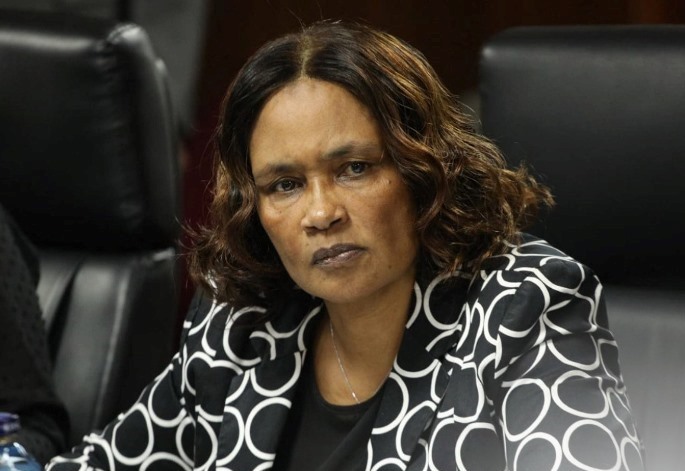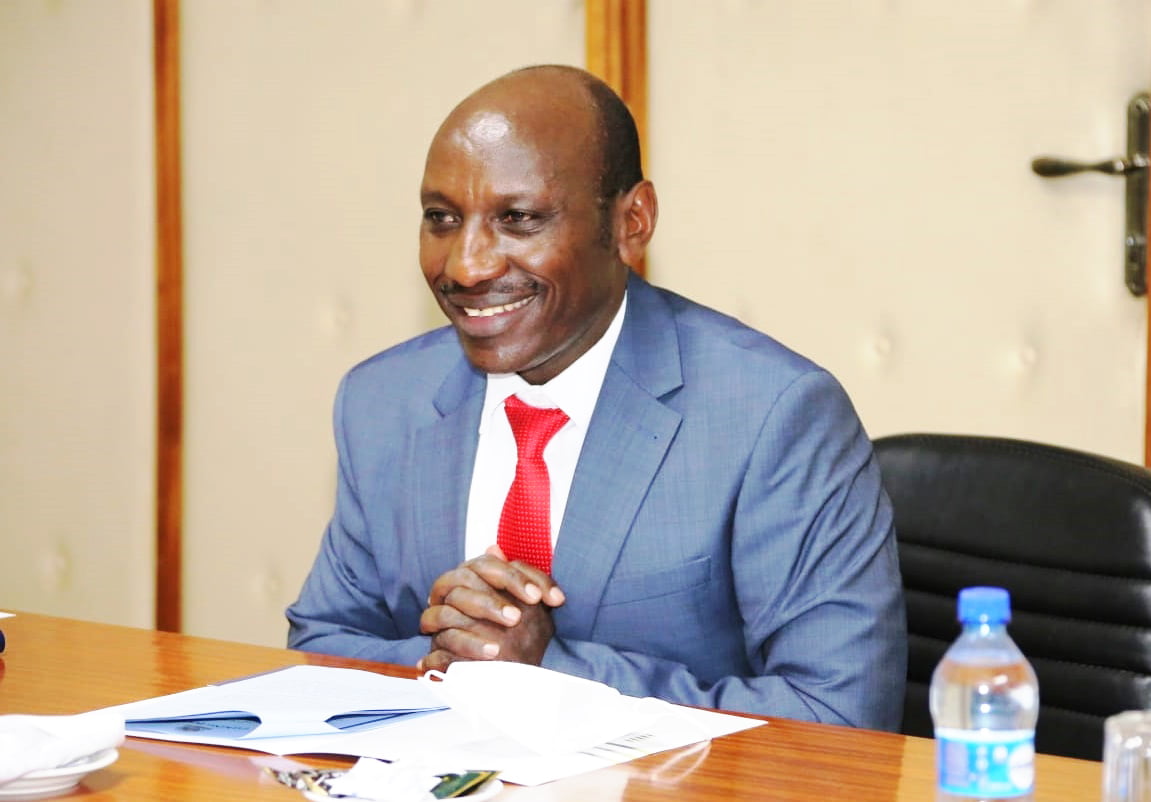The Teachers’ Service Commission (TSC) is set to review the contentious issue of hardship allowances and teacher distribution across the country, a pledge made by acting CEO Evaleen Mitei during a rigorous parliamentary grilling that addressed long-standing grievances left unaddressed by her predecessor, Dr. Nancy Macharia.
In a session before the Parliamentary Education Committee, led by Julius Melly, Mitei was put to task to explain why teachers in marginalized areas receive lower hardship allowances compared to those in more stable working environments, such as Nairobi.
During the session, MPs also questioned the criteria used to define hardship areas, as well as the role of the Salaries and Remuneration Commission (SRC) in determining the allowances. Siaya County Woman Representative Christine Ombaka called for the Commission to clearly define what constitutes a hardship area, pointing to the irony that Nairobi’s hardship allowance sometimes surpasses that of rural areas lacking basic amenities.
ALSO READ:
Ndalani Secondary’s bakery project pays off, frees funds for infrastructure
“The definition of hardship areas needs to be considered,” she stated, emphasising that teachers in remote areas work under difficult circumstances and require better hardship allowances.
In her response to the committee, Mitei clarified the Commission’s role, stating that it was the SRC, jointly with the National Treasury, that was responsible for determining the said allowances.
“When we engage in collective bargaining, we present our recommendations to the SRC and Treasury. They were the ones who came up with the classification. Once TSC receives that advisory, it is binding,” Mitei noted.
However, she went on to acknowledge the disparities in hardship allowances among teachers, stating,
“We will take up the issue of hardship allowances and municipality allowances with the Public Service Commission.”
Mitei was also put to task to explain the disparities in the distribution of teachers across schools in the country, for instance, cases where some schools have more teachers than others.
ALSO READ:
Shock as school coach dies while celebrating major win in Term II football match
“We have schools that have excess teachers and schools with not enough teachers, so that we can balance, and wherever there is need, parliament can budget for recruitment,” Teso MP Mary Emaase questioned.
Emaase’s sentiments were echoed by MP Eve Obara, who noted that some schools were lagging due to inadequate staffing, despite other institutions receiving more than enough teachers.
Another pressing concern raised by committee members was the criteria used by the commission in the recruitment of teachers.
In response, the acting TSC boss stated that the commission operates as an equal opportunity employer, guided by the constitution and relevant acts. These issues had been previously raised by KNUT through its SG Collins Oyuu and other technocrats to the retired CEO Dr. Nancy Macharia, who left the commission without providing any tangible solutions. The union will in coming days meet the new CEO in an attempt to solve these various issues which are still pending.
By Cornelius Korir
You can also follow our social media pages on Twitter: Education News KE and Facebook: Education News Newspaper for timely updates.
>>> Click here to stay up-to-date with trending regional stories
>>> Click here to read more informed opinions on the country’s education landscape






